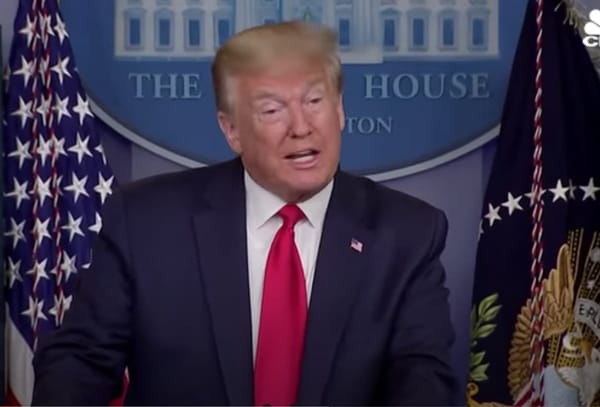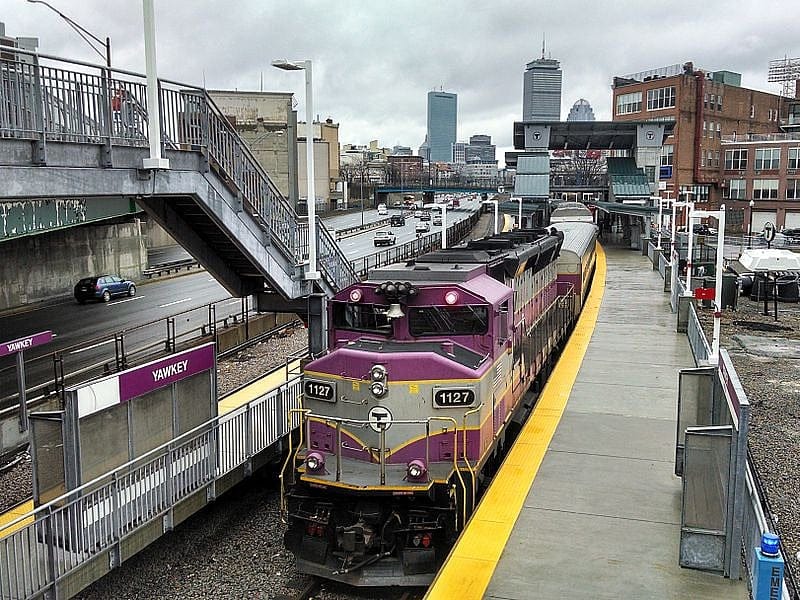
Around New England
Read More
Trump Indictment ‘Does A Disservice’ To Nation, Massachusetts GOP Chairman Says
Matthew McDonaldThe indictment in New York City of former President Donald Trump hurts the country, said Amy Carnevale, the chairman of the Massachusetts Republican Party.
"The arraignment today of the former President appears to be based on contrived legal arguments and discredits the notion of judicial integrity and impartiality. The case was declined by both the Department of Justice and the Federal Elections Commission yet incredibly was taken up by the Manhattan DA," Carnevale said in a written statement Tuesday, April 4, the same day Trump became the first former president to be charged with a crime.

